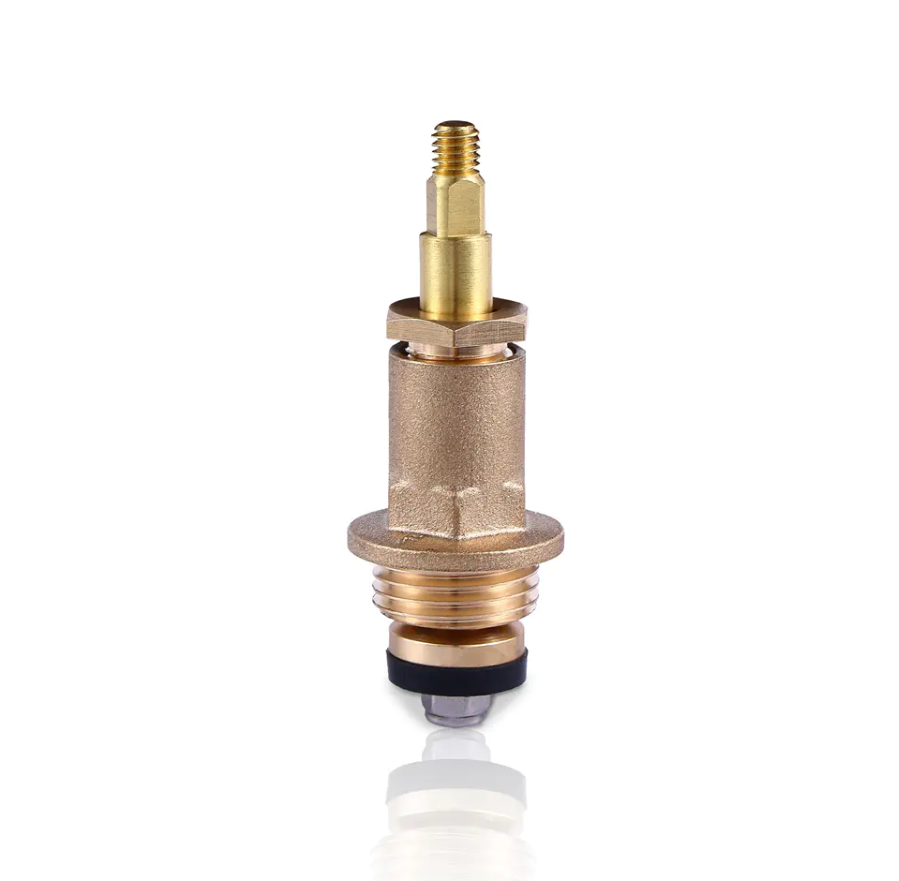When choosing plumbing components for a high-pressure water system, the performance and durability of the Copper Faucet Valve Core become critical. These internal components are responsible for regulating water flow and ensuring a secure seal within the faucet body. A key question arises: Can copper-based valve cores reliably withstand high-pressure conditions over time?
Valve cores made primarily from copper alloys—such as brass—are widely used due to their strength, corrosion resistance, and stability. In high water pressure environments, the valve core must resist both mechanical stress and hydraulic force. Brass, an alloy composed mainly of copper and zinc, is particularly suitable for such settings because of its impressive tensile strength and resistance to deformation.
One of the key challenges in high-pressure environments is material fatigue. Constant opening and closing of the faucet, combined with the force exerted by pressurized water, can lead to accelerated wear in less durable materials. Brass valve cores are engineered to maintain their integrity under these demanding conditions. They are machined with tight tolerances, allowing them to operate smoothly even under stress without losing their sealing capability.
Another factor contributing to performance under pressure is the design of the valve seat and the stem. In high-pressure scenarios, the internal components must create a watertight seal to prevent leakage or dripping. Well-designed copper-alloy valve cores often feature dual-seal systems and precision threading to reduce stress points and distribute pressure evenly.
Thermal expansion and water hammer effects are also more pronounced in high-pressure systems. Brass’s moderate elasticity and ability to absorb vibration make it a strong candidate for mitigating such impacts. Unlike more brittle materials, copper alloys will bend slightly rather than crack, which significantly reduces the chance of sudden valve failure.
Furthermore, the material's resistance to corrosion contributes to its durability in high-pressure settings. When exposed to continuous water flow, especially in hard water regions, lesser metals can degrade, leading to leaks or valve malfunction. Brass cores not only resist this kind of damage but also maintain internal surface smoothness, reducing flow friction and ensuring consistent performance.
Installation practices also play a role. Even the strongest valve core can fail prematurely if not properly installed. Most high-quality copper-based valve cores are compatible with standard high-pressure plumbing systems and include reinforced threads or seals that can be tightened securely without damage.
In conclusion, copper alloy valve cores—especially those made from high-grade brass—are highly suitable for high water pressure environments. Their structural stability, resistance to mechanical fatigue, and anti-corrosive properties make them a reliable and long-lasting choice for both residential and commercial plumbing systems.
